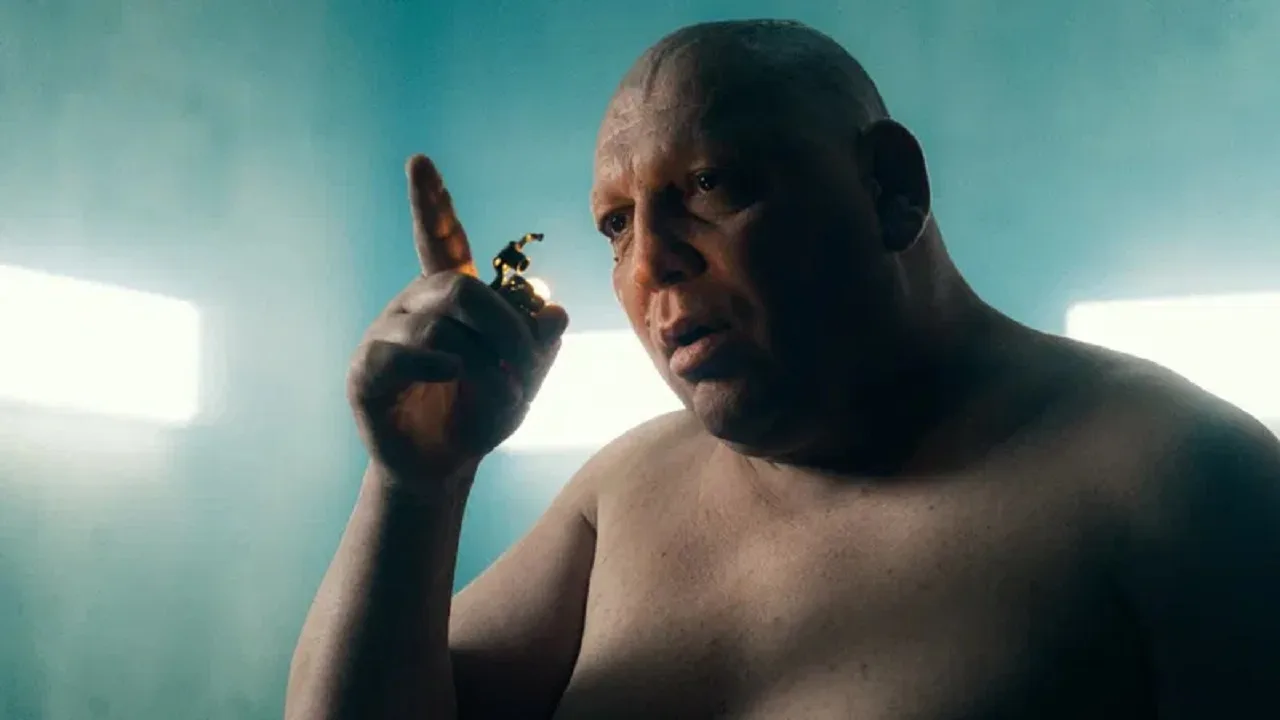Fans are talking about Netflix’s newest thriller, The Killer, directed by David Fincher. While some praise its gorgeous photography and character depth, others call it a “vague film.” This uneven response raises issues about what makes a film resonate and how art may divide views.
Plot Summary
Michael Fassbender plays an assassin entangled in treachery and moral dilemma in The Killer. After a Paris mission goes wrong, the assassin seeks retribution across borders. The story delves inside the assassin’s mind and explores loneliness, identity, and brutality.
But this contemplative manner has left some viewers feeling distant. The storyline has been confusing, prompting calls for clarity and consistency. The film typically chooses a gradual burn over spectacular action moments as the protagonist navigates a world of deceit and peril, which might frustrate thriller fans.
Viewers React
Viewers had different feelings on the picture. Critics lauded its photography and sound design, while fans lamented its pace and abstract storyline. Rotten Tomatoes gives the picture an 86% critic score but a 63% audience score. This shows the gap between critical praise and audience contentment.
Social media is buzzing over the film, with many doubting its storyline. Some remarks indicate uncertainty about the narrative and characters’ motives. One viewer said, “It felt like a chore to finish,” while another called it “boring” and “too slow.”
Despite the criticism, some viewers like the film’s innovative approach. Some laud its capacity to evoke tension and contemplation. They claim that the ambiguity enables for greater investigation of the protagonist’s psychological conflicts, making it thought-provoking for those who see its intricacies.
Artistic Options
The film emphasises character over action, making it stand out. Fincher is known for writing stories involving psychological strain as much as exterior conflict. The Killer shows the assassin’s thoughts on his decisions and the morality of his job. However, this concentration on the internal rather than the exterior may confuse viewers who expected a simpler story development.
The Killer’s deliberate slowness allows for thought, unlike other thrillers. Some viewers like contemplating the protagonist’s motives, whereas others find it tiresome. Because of this, the film has several interpretations, appealing to those who want a sophisticated narrative while repelling others who want instant pleasure.
Conclusion
The Killer shows how creative ambition and audience expectations collide in contemporary filmmaking. Despite Fincher’s signature flair and captivating character study, the film’s ambiguity and sluggish pace have drawn mixed reviews. As the picture is discussed, it reminds us of the diversity of cinema preferences and the difficulties of translating such a complex tale.
